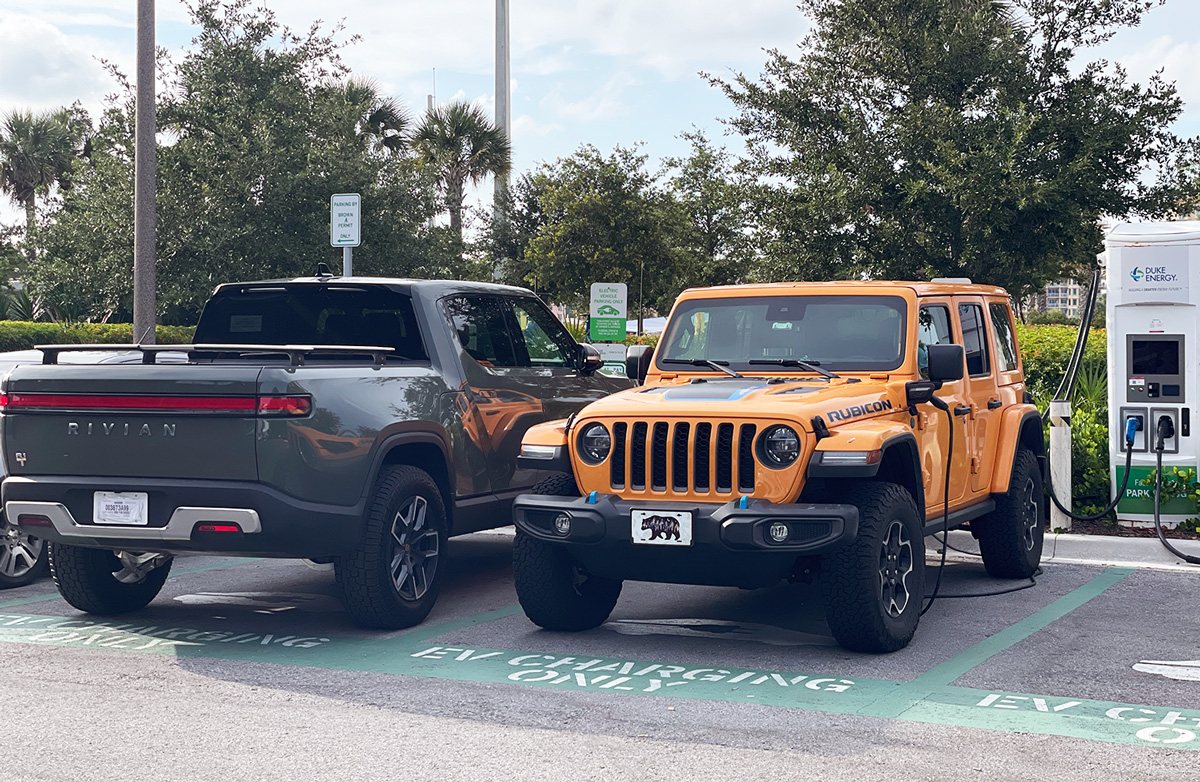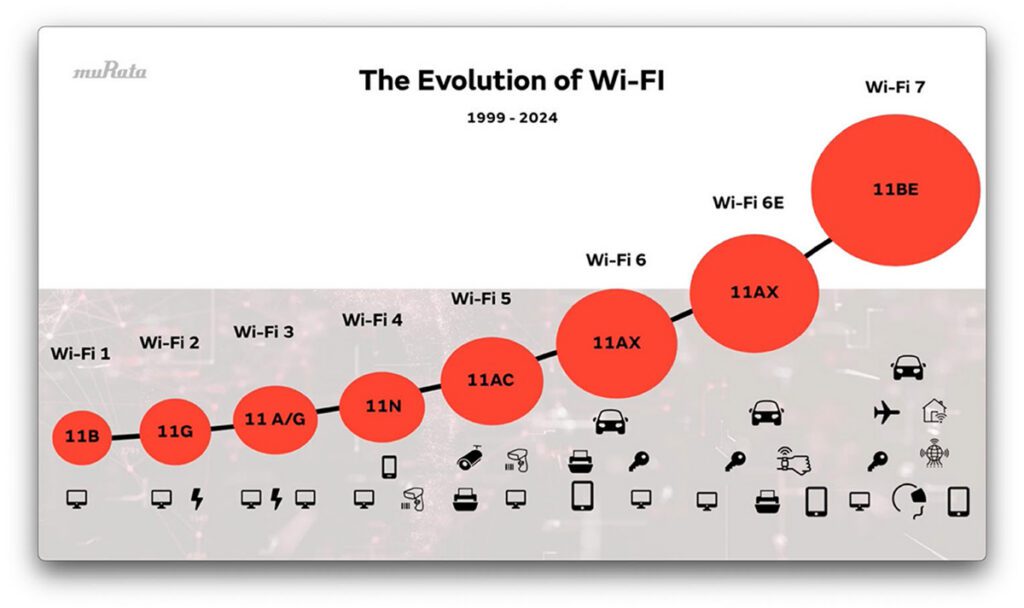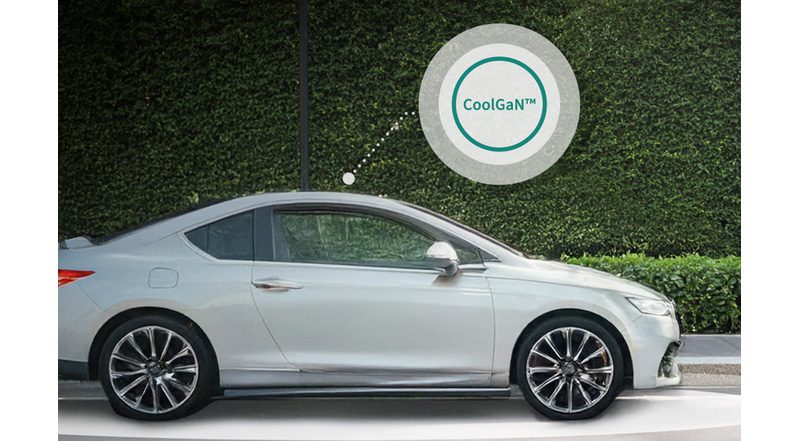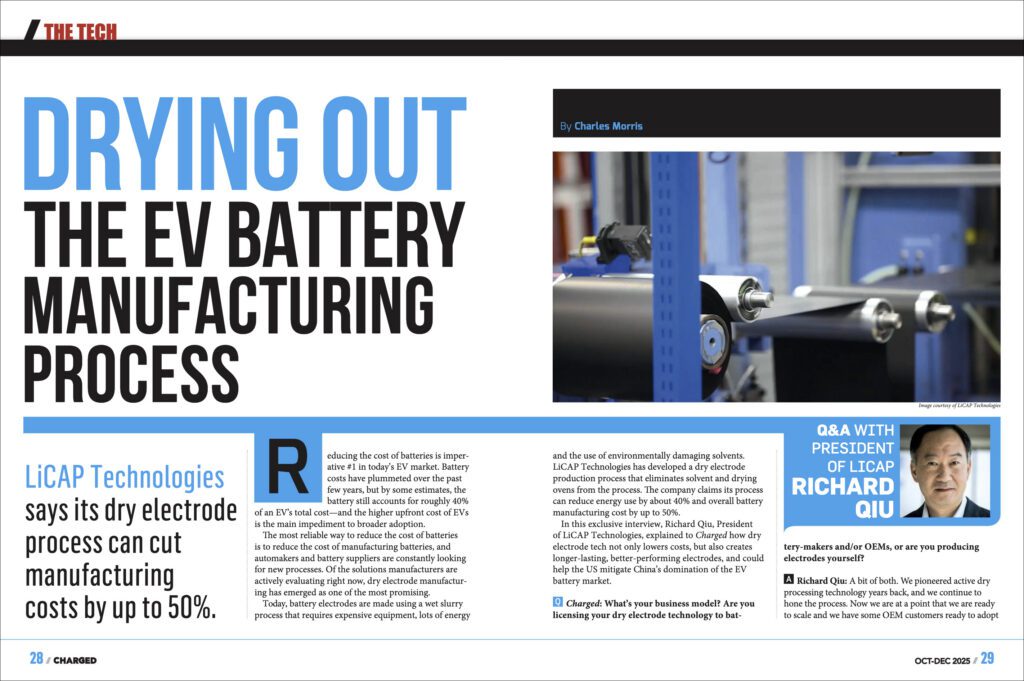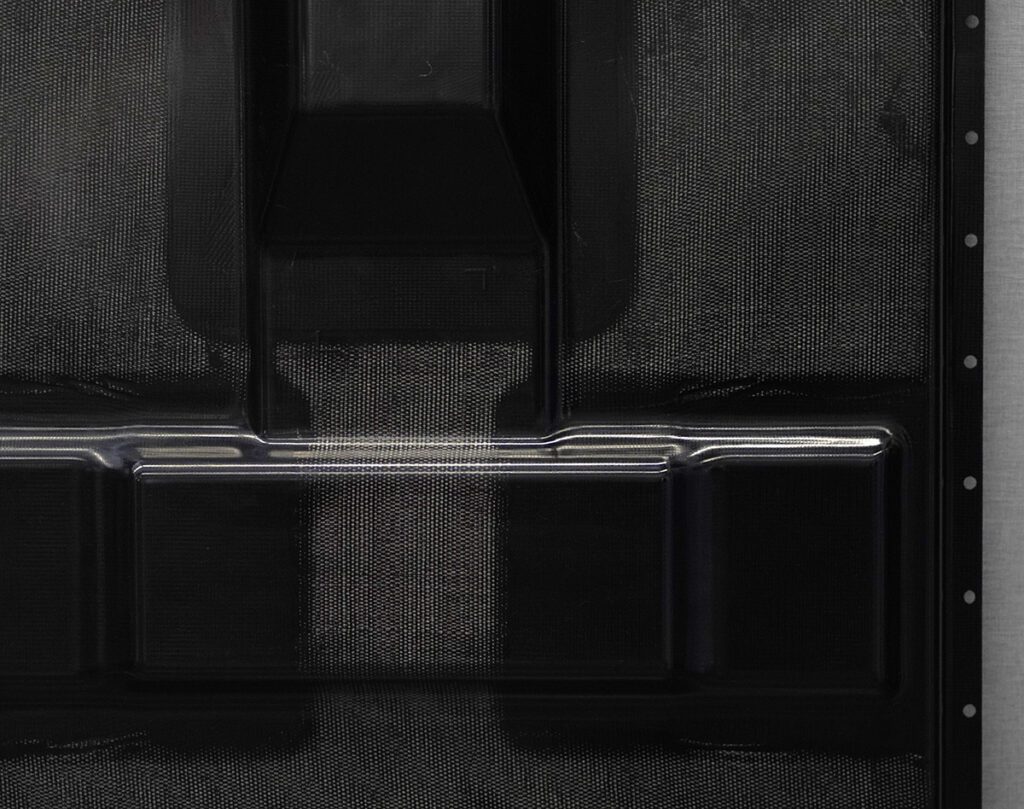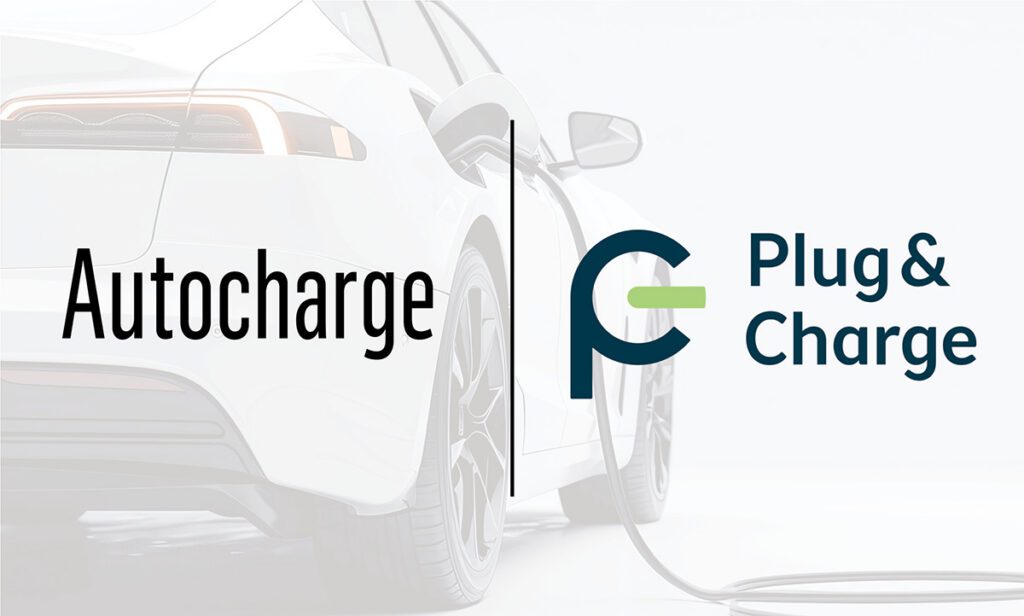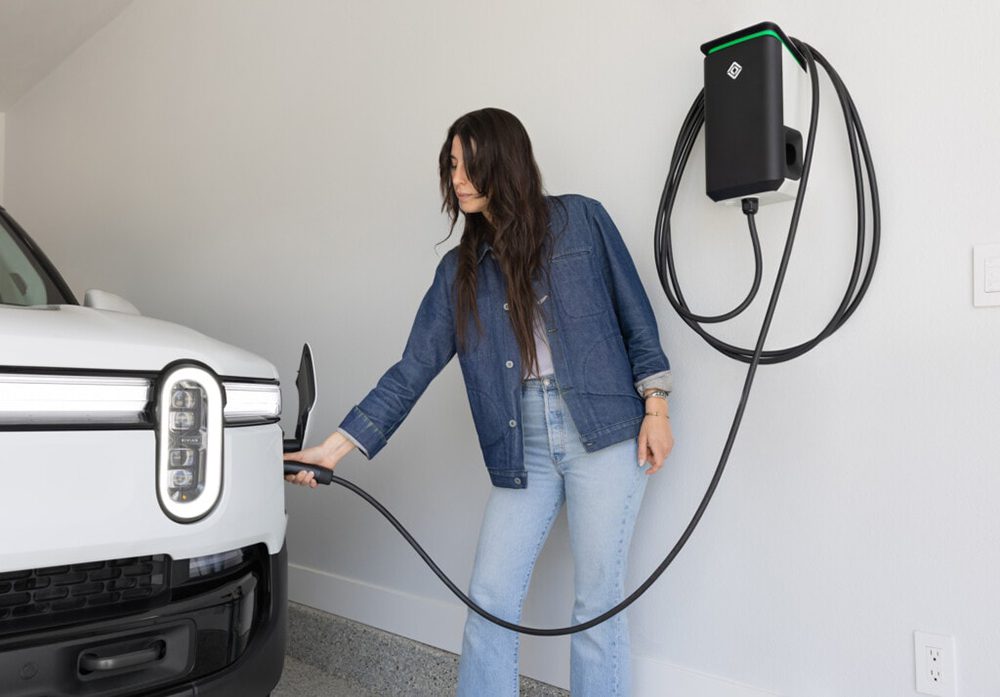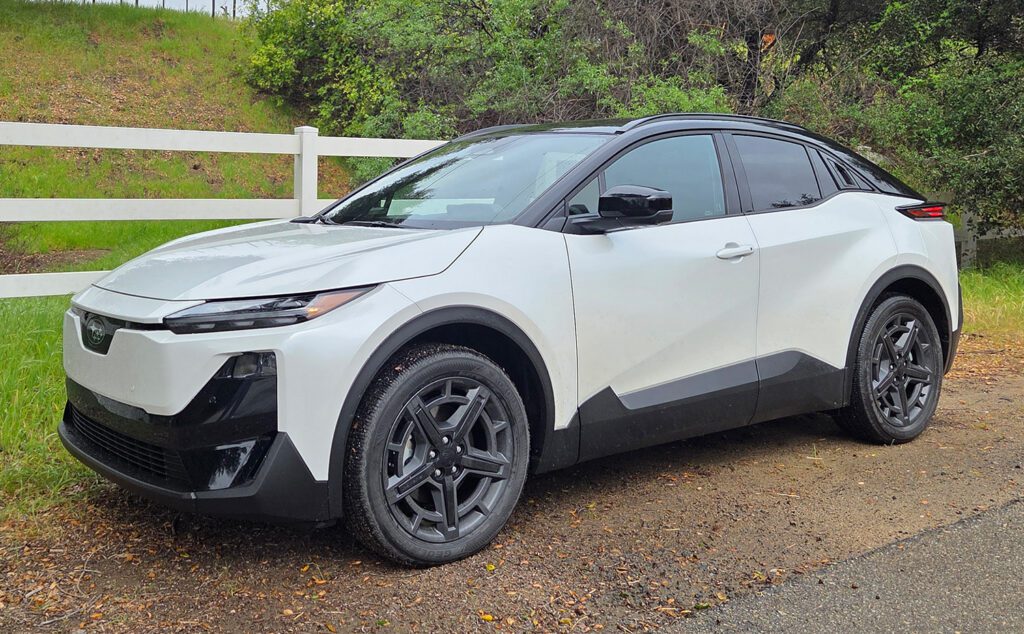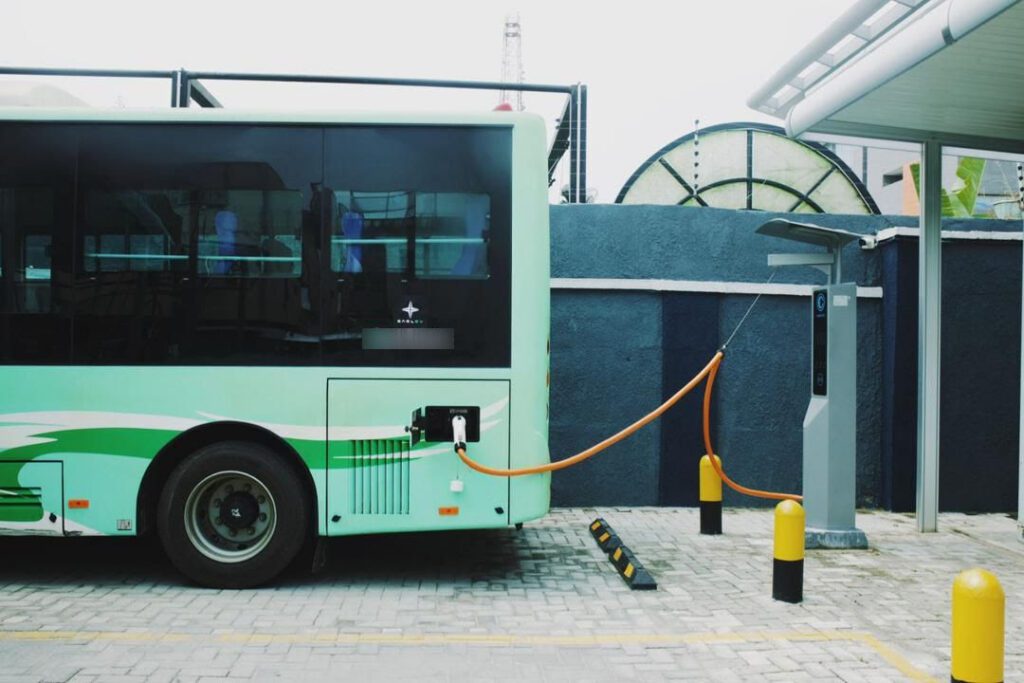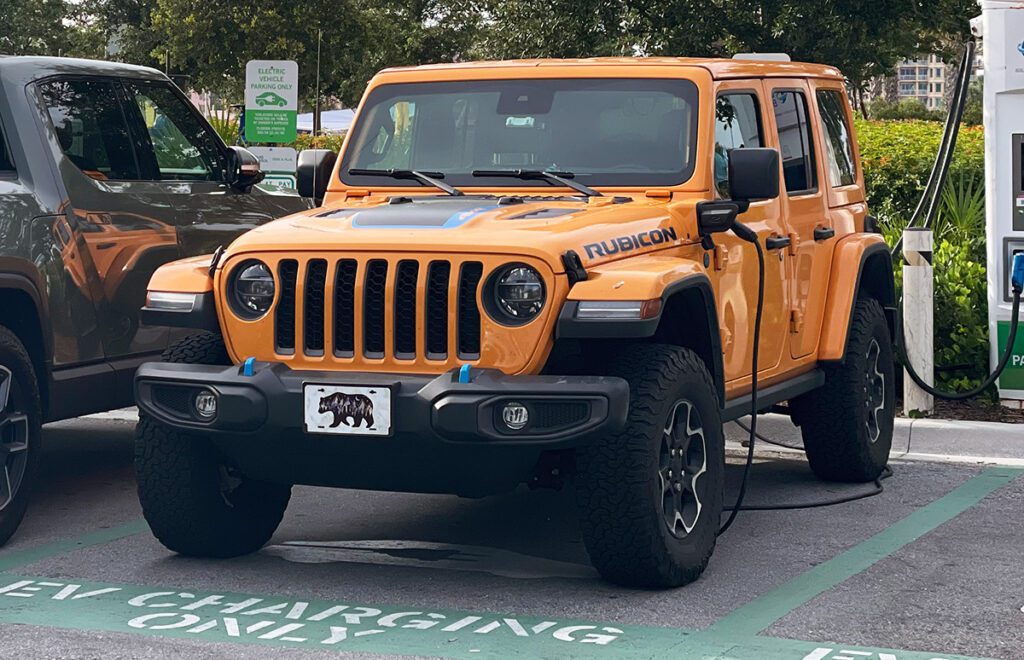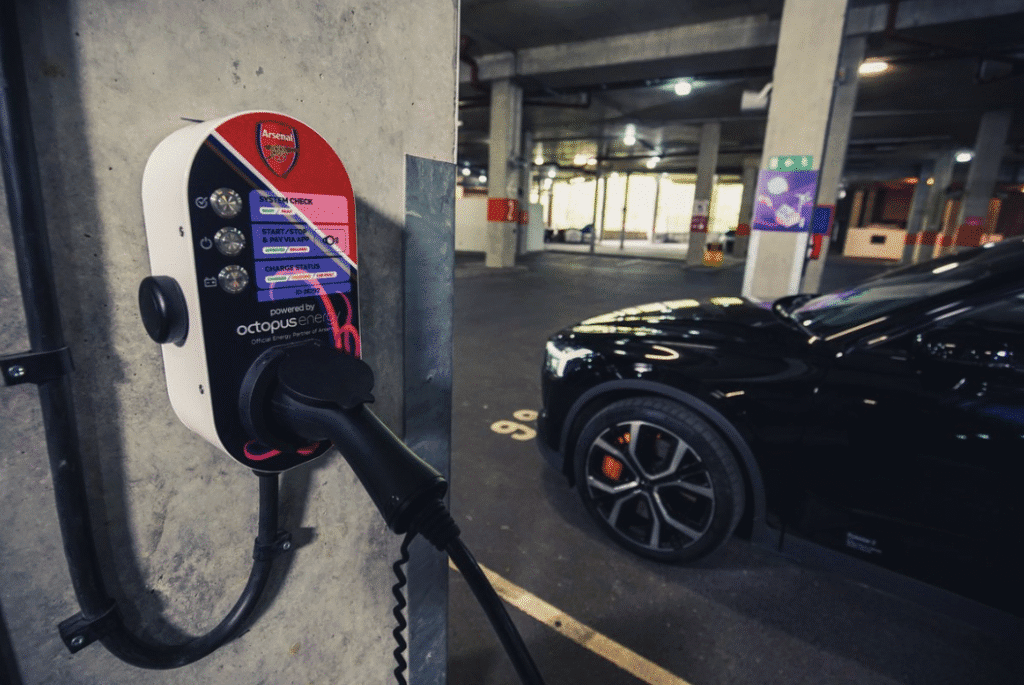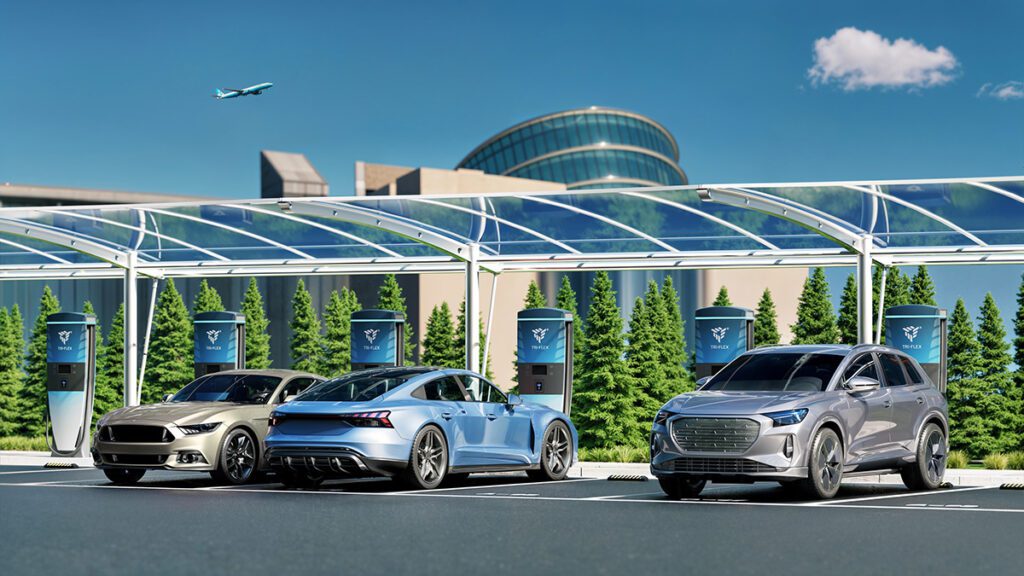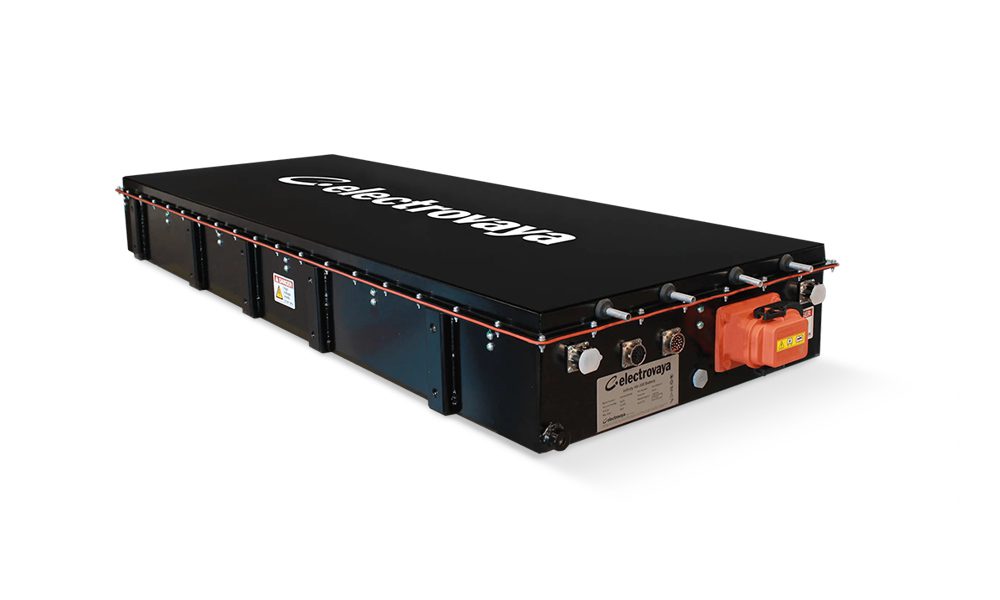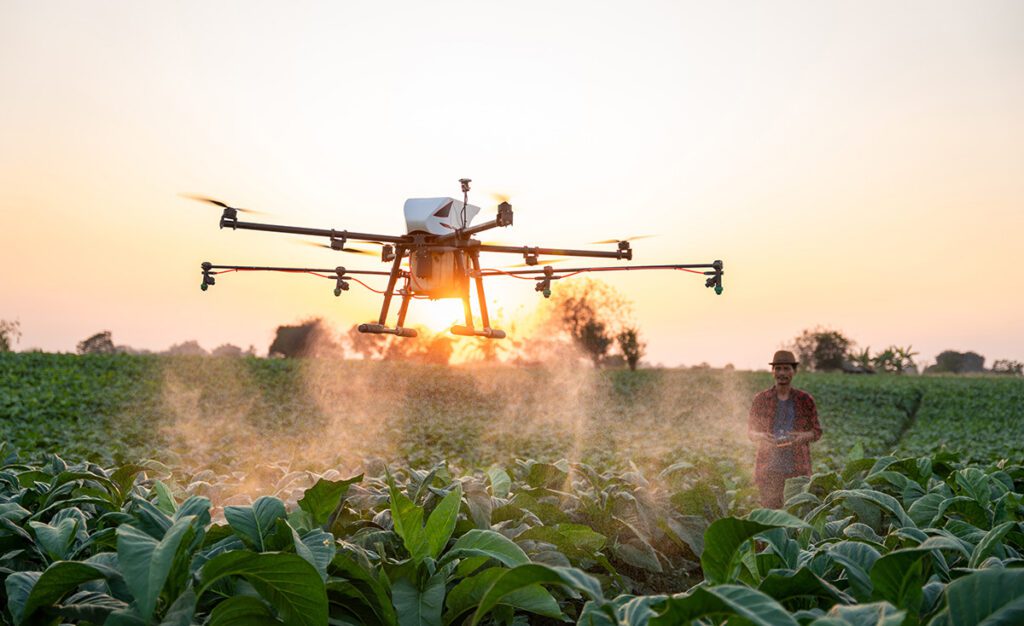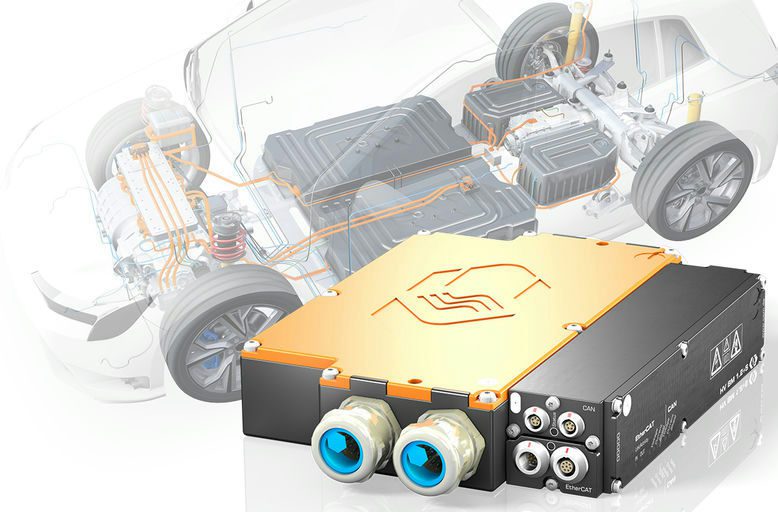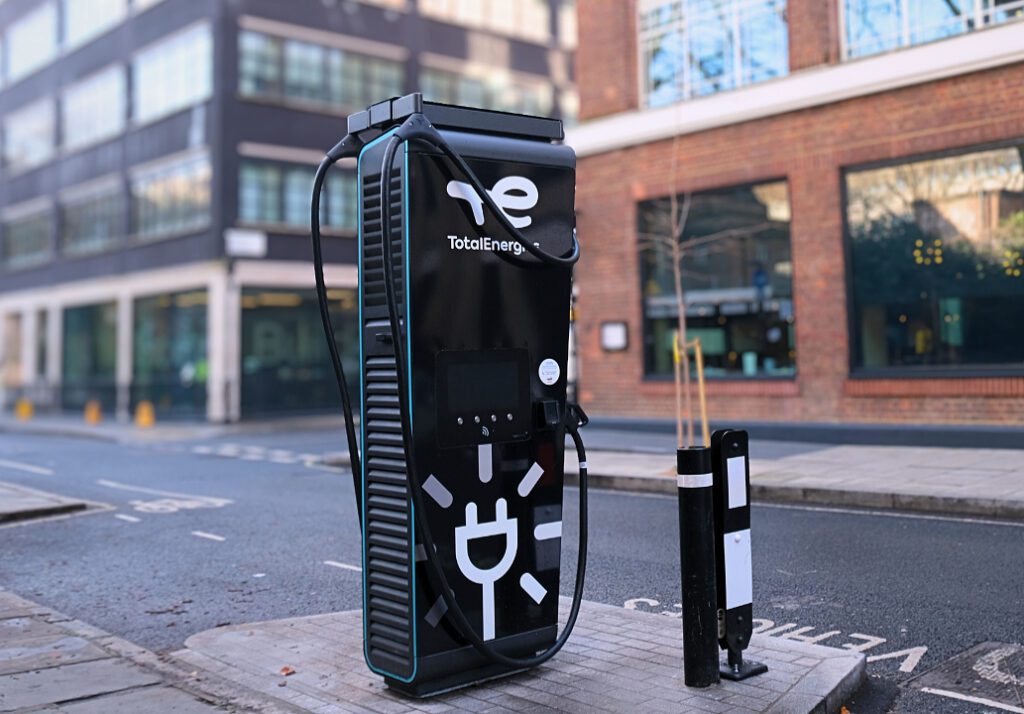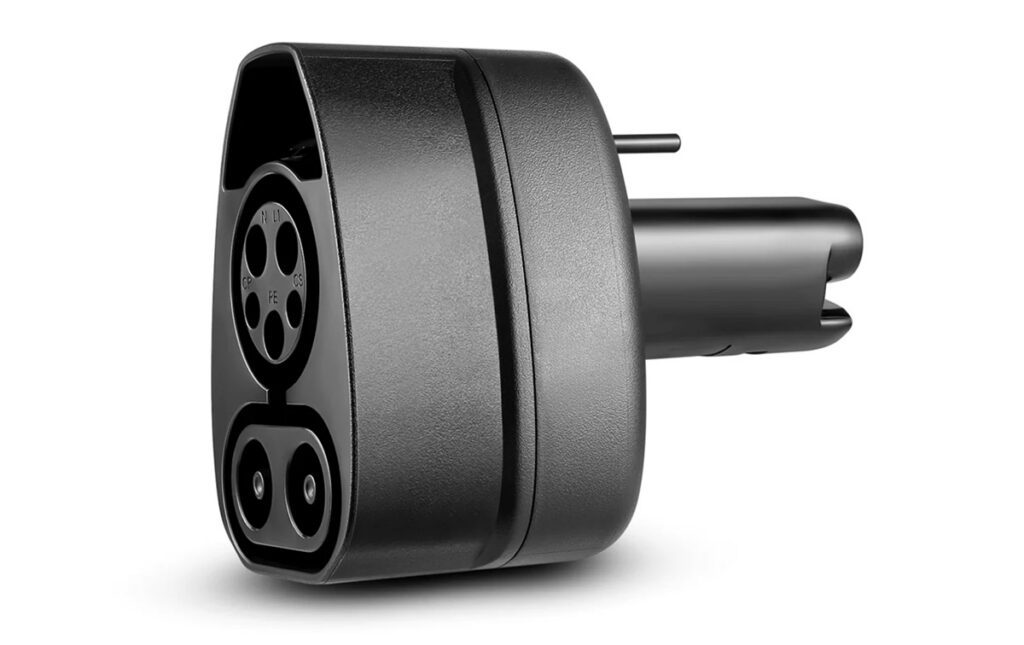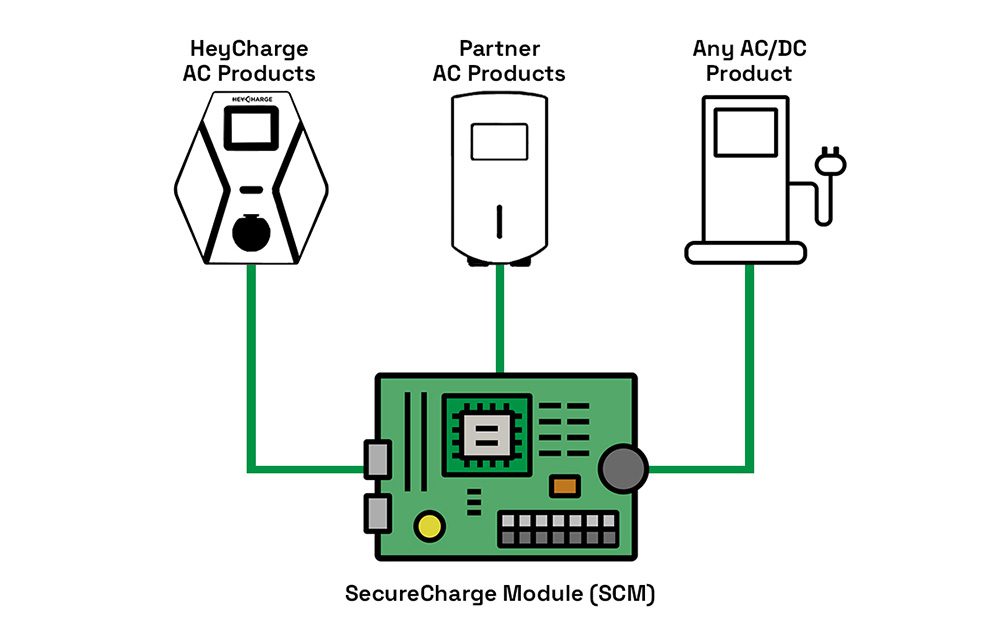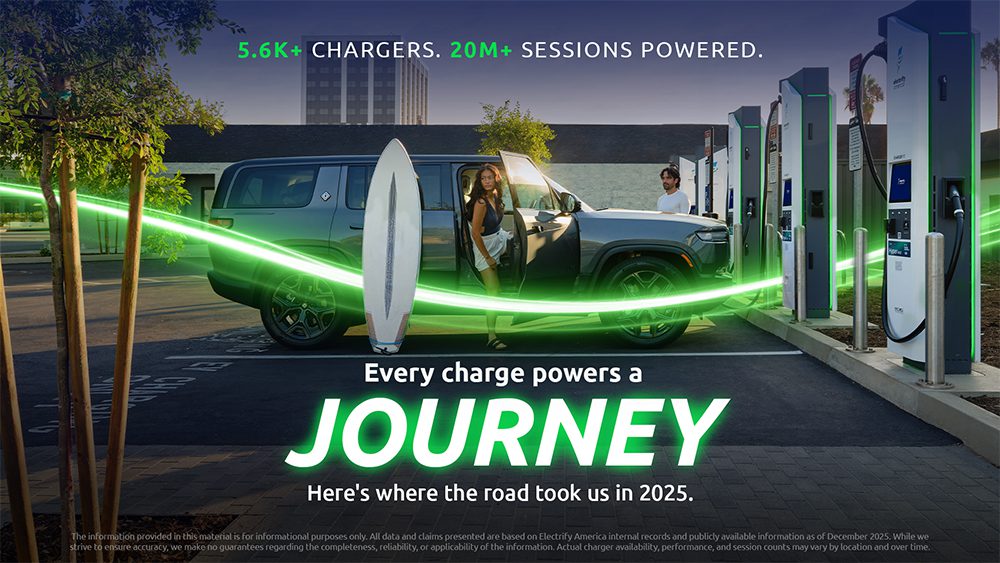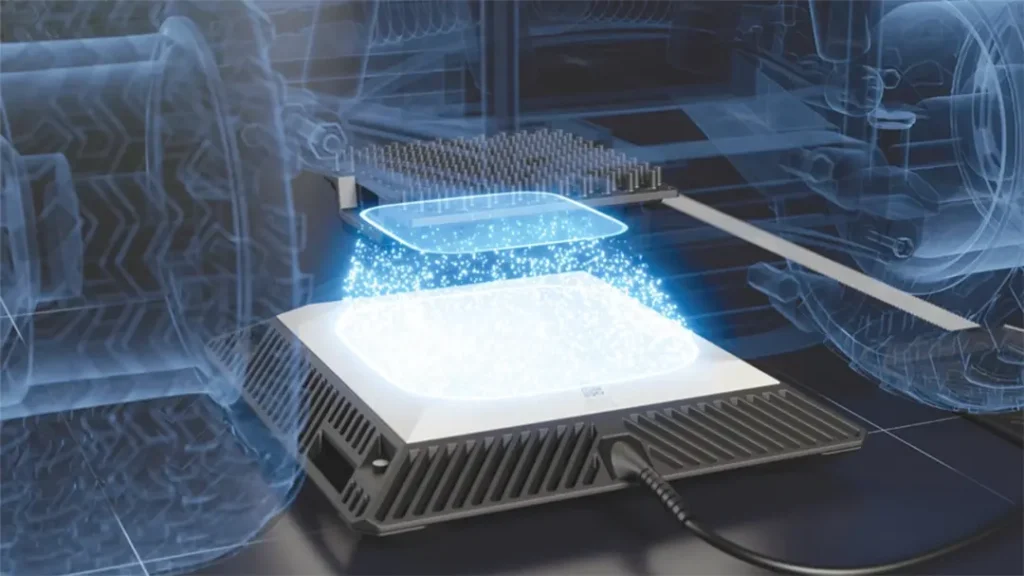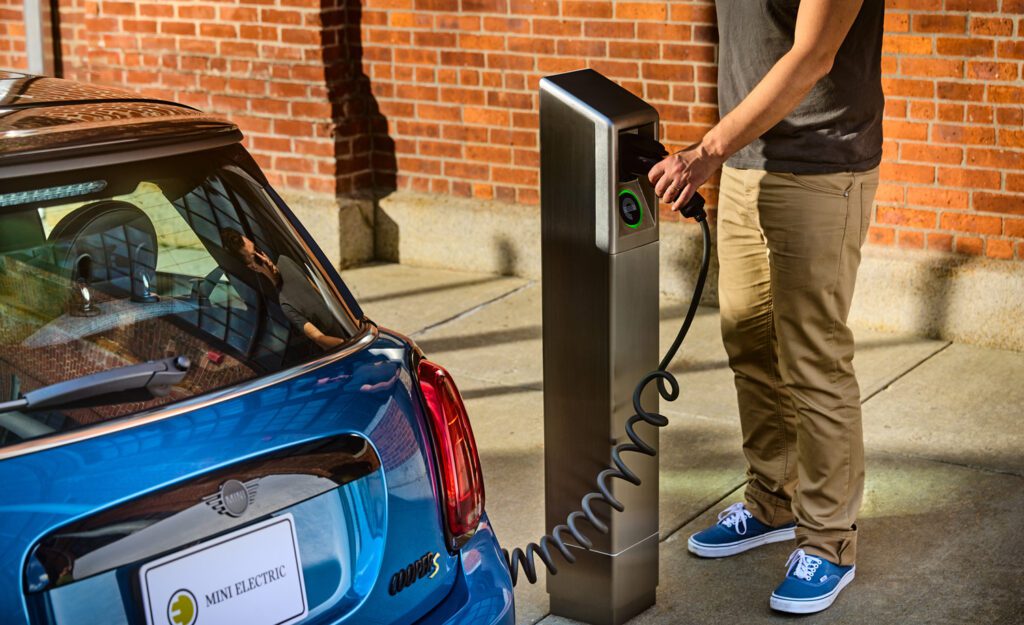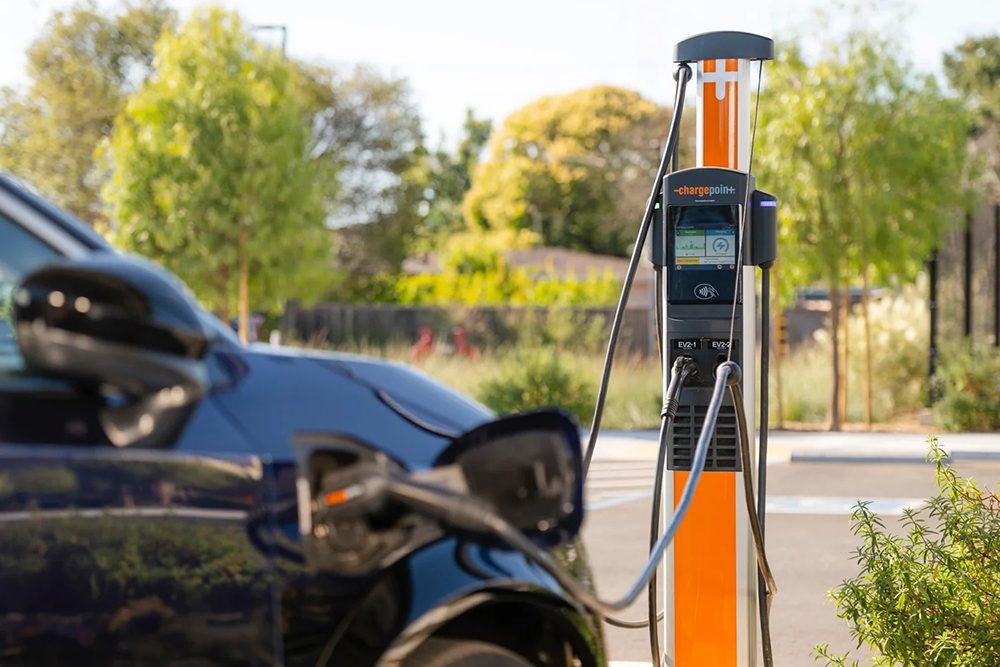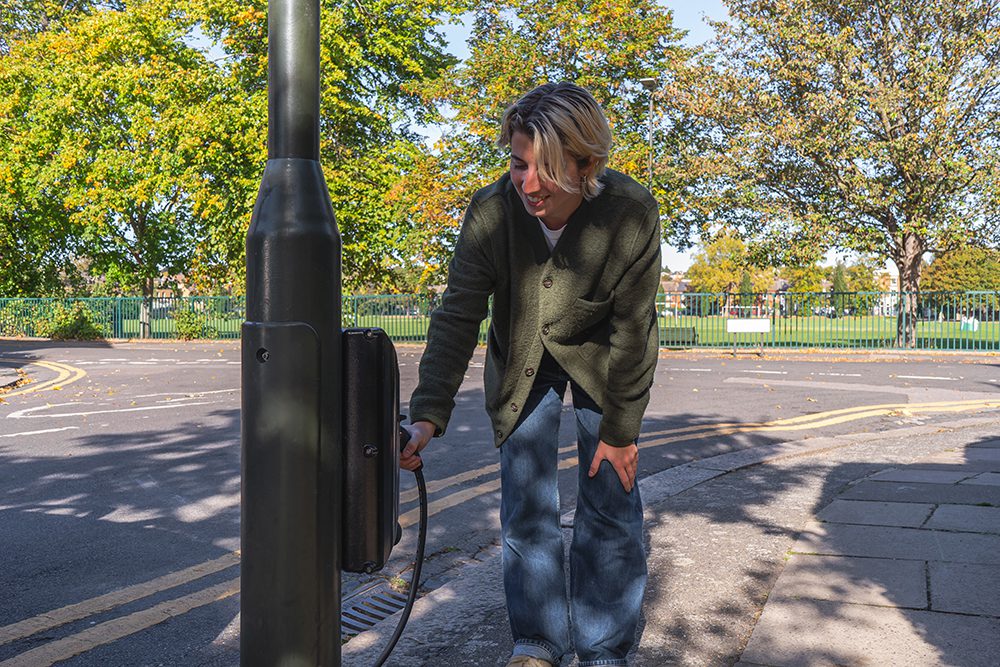Battery supplier Samsung SDI has recalled up to 180,196 battery packs for internal cell failures, which can lead to a loss of power and increased risk of fire, the National Highway Traffic Safety Administration reports (via Automotive Dive).
The suspect cells were manufactured between July 1, 2020 and March 28, 2023, and were installed in battery pack modules supplied to Ford, FCA and Audi for plug-in hybrid vehicles.
Each battery manufactured by Samsung SDI was tailored to the specific requirements of each respective OEM. Therefore, Samsung is referring to the prior battery recalls of each automaker for more detailed remedy information. Each of these models was previously recalled for battery issues last fall.
The automakers are not aware of any injuries or accidents related to defective batteries.
According to NHTSA, the recalled battery packs were used in 155,096 Jeep vehicles, 20,484 Ford vehicles and 4,616 Audi vehicles, including the 2020-2024 Jeep Wrangler and Grand Cherokee; 2022-2023 Audi Q5 and 2022 A7; 2020-2024 Ford Escape and 2021-2024 Lincoln Corsair SUV. Only around 1% of the vehicles are believed to have defective batteries.
The automakers’ own internal investigations and warranty claims have confirmed battery cell failures in their vehicles, but they found different root causes.
Ford investigators determined that the high-voltage battery cell separator between the cathode and anode may be susceptible to damage as a result of a manufacturing defect, including separator damage that can cause an internal short circuit, according to NHTSA. Ford customers will see a “stop safely now” message displayed in the instrument cluster in the event of a battery short. However, the root cause is still under investigation by Ford.
FCA US also states that the Samsung SDI battery packs may contain cells with separator damage, but determined that other complex interactions within the cells may lead to a fire in rare cases.
Volkswagen says that the battery cells may experience thermal overload, which also could result in smoke or fire. The automaker is aware of four “thermal events” in markets outside of the US.
The three automakers are currently working on software updates to better detect battery abnormalities and to notify drivers if a problem occurs.
Source: NHTSA via Automotive Dive







